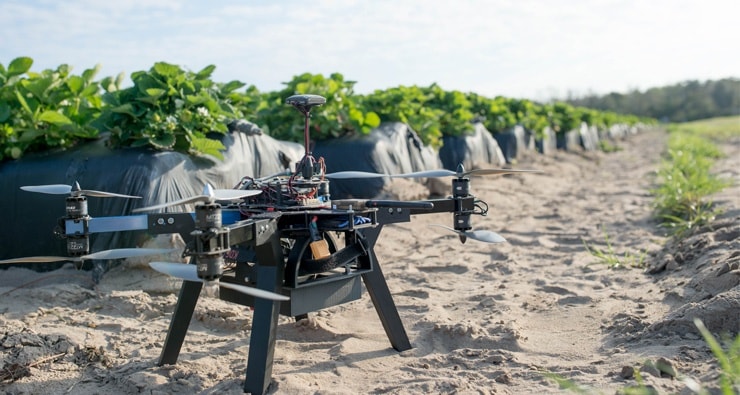Pesticides. Whenever the word is mentioned, it usually strikes a debate between those who think we should use them and those who think we shouldn’t use them for a variety of different reasons. However, growers know that pesticides are essential to being able to produce the quality and quantity that the customer expects and maintain the health of our communities.
Growers can limit the use of such treatments through cutting-edge agriculture technologies to lessen the impact they have on our environment, while battling the constantly evolving species of pests and disease.
What exactly are pesticides, and why do farmers use them?
Growers have been utilizing a variety of different pesticides since World War II, including DDT. In the beginning, not much research had been done to discover the effects pesticides would have on the environment. Growers and the public believed pesticides were the answers to all of our pest problems. In fact, people were so comfortable with pesticides that communities would spray DDT throughout their neighborhoods to control the mosquito population.
With the release of Rachel Carson’s book Silent Spring in 1962, public perception changed and people began questioning the impact pesticides were having on the environment and their health.
This led to more research on the long-term impact of pesticide use. With a combination of growing tactics designed to discourage pest growth and newly formulated pesticides designed to only target specific insects, growers were able to be smarter about how they used pesticides.
Minimizing Applications

Today, we are equipped with more research and technology than ever before to limit the use of pesticides and exposure to the environment. Using precision agriculture technology, farmers can now scout individual plants to identify pest presence early and work with laboratories to determine the most effective pesticides to treat that specific problem, reducing costs, saving time. More importantly, growers no longer need to over apply and they can determine if insects are resistant to a particular pesticide sooner.
Additionally, researchers are educating farmers on the effects of certain pesticides. By labeling pesticides accurately, growers can make more educated decisions and minimize the effects of pesticide use on the local community.
Along with integrated pest management (IPM) tactics that can help control insect populations, farmers can also utilize agriculture technologies combined with historical data and lab results to quickly detect, contain and eliminate pests.
Highland Precision Ag is dedicated to helping farmers discover the agriculture technologies that will help them identify disease, monitor growth and maximize their yield potential—all while becoming a better friend of the environment. By combining generations of farming experience with powerful agriculture technology, we can work together to limit our impact on the environment and empower growers to work toward the betterment of our world.
For more information about becoming a precision ag grower through Highland Precision Ag, visit our website or contact us online today.